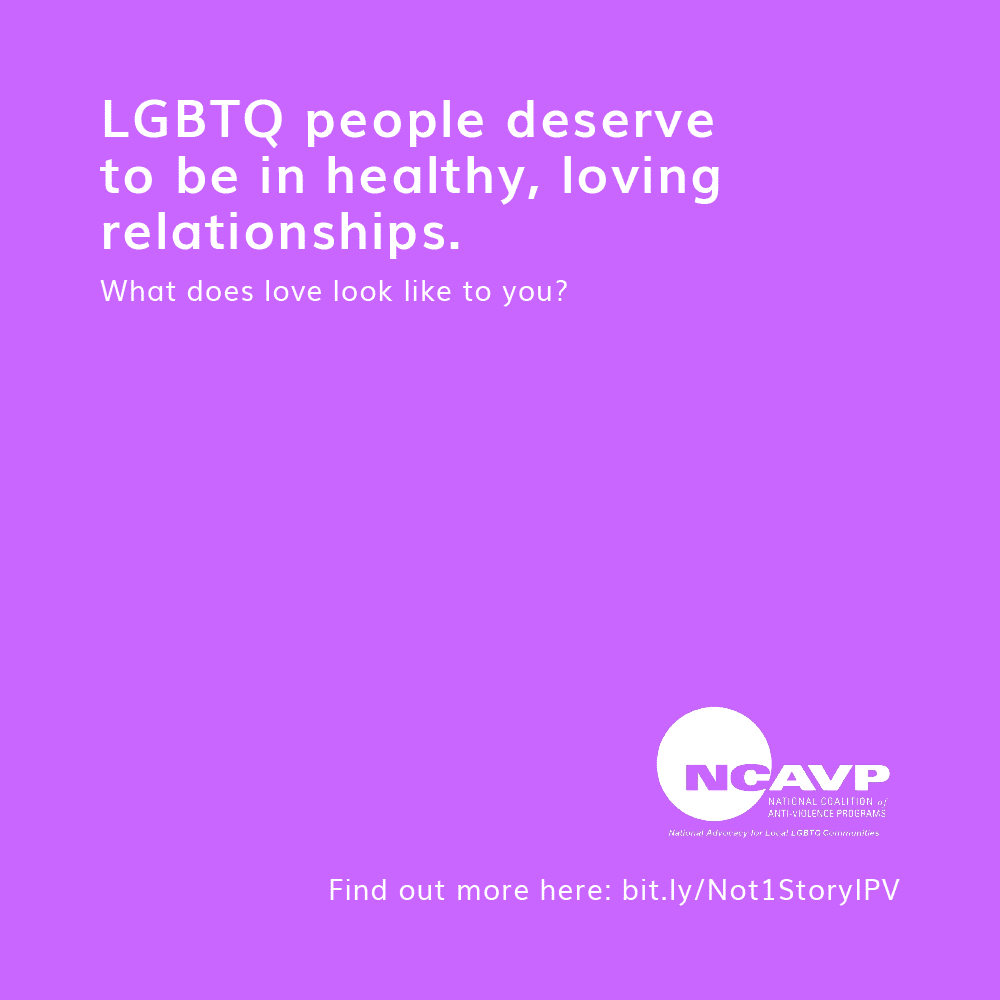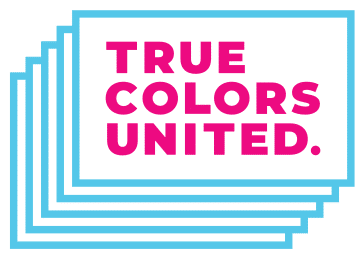
The National Coalition of Anti-Violence Programs (NCAVP) has released a new report on Lesbian, Gay, Bisexual, Transgender, Queer and HIV-Affected Intimate Partner Violence in 2015. The report takes into account the experiences of 1,976 survivors of intimate partner violence (IPV) who reported to 17 NCAVP member organizations from 14 states across the country, including Arizona, California, Colorado, Kansas, Massachusetts, Michigan, Minnesota, Missouri, New York, Ohio, Rhode Island, Texas, Virginia, and Vermont.
The report offers the following key points:
- IPV is a serious yet oft-ignored issue facing LGBTQ and HIV-affected communities. The 2015 NCAVP report looks at the unique ways that LGBTQ and HIV-affected people experience IPV, as well as the barriers they experience when attempting to access care and support.
- People of color made up 77% of the reports of LGBTQ and HIV-affected IPV homicides, and 54% of the total number of survivors who reported to NCAVP members in 2015.
- Transgender women were three times more likely to report experiencing sexual violence and financial violence.
- LGBTQ survivors with disabilities were two times more likely to be isolated by their abusive partner and four times more likely to experience financial violence.
- This year there was an increase in the percentage of undocumented survivors from 4% in 2014 to 9% in 2015.
- 44% of survivors attempting to access emergency shelter were denied and 71% reported being denied because of their gender identity.
- Out of the total number of survivors who interacted with law enforcement, 25% said that the police were either indifferent or hostile, and 31% of LGBTQ survivors who interacted with police said they experienced misarrest.
One of the most important takeaways from this report is the fact that LGBTQ survivors have many different pieces to their identity and experiences – and that these differences impact their experiences of IPV. The bias and discrimination that these communities experience both makes them more vulnerable to IPV and creates unique barriers to accessing services. For example, we know that LGBTQ and HIV-affected people often experience workplace discrimination, making them less financially secure. Abusive partners often take advantage of financial insecurity to control their partners, as seen in the high number of survivors experiencing financial violence.
On Wednesday, October 19 at 2pm ET, NCAVP will host a Twitter Town Hall to discuss findings from the report and answer questions you might have! We encourage you to join in using the hashtag #Not1Story – because there is no single narrative of an LGBTQ intimate partner violence survivor. We need a full picture.
Spread the word on Facebook and Twitter, and read the full report here.
